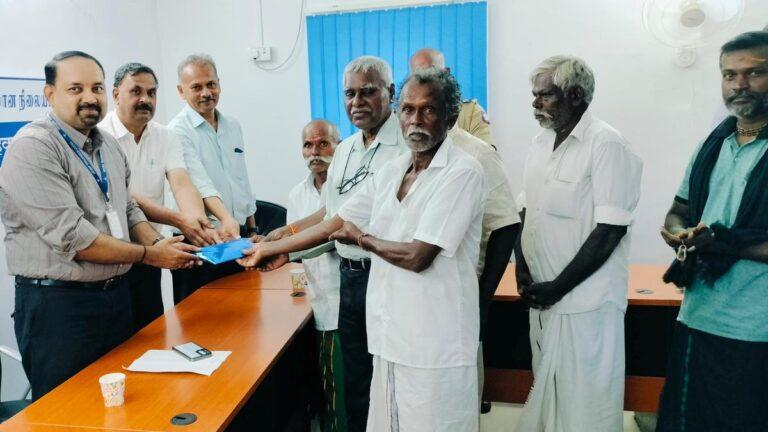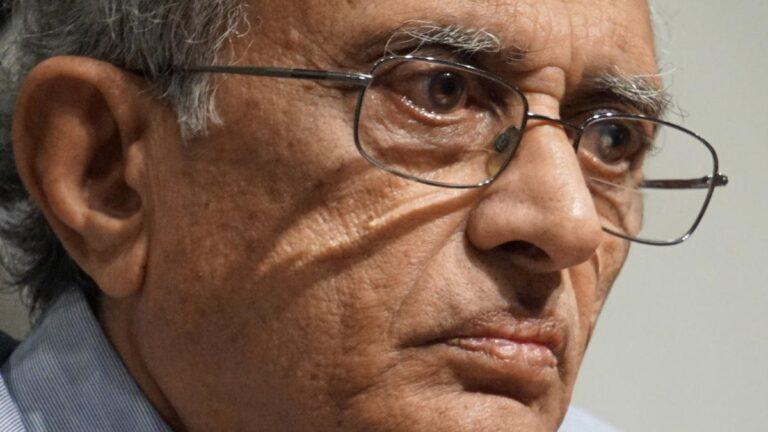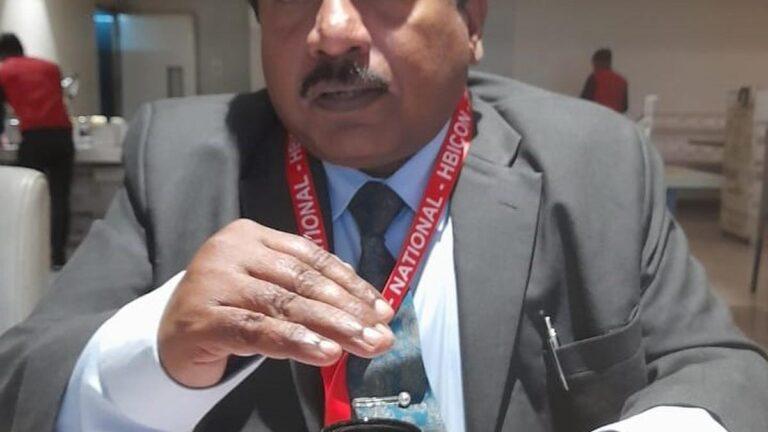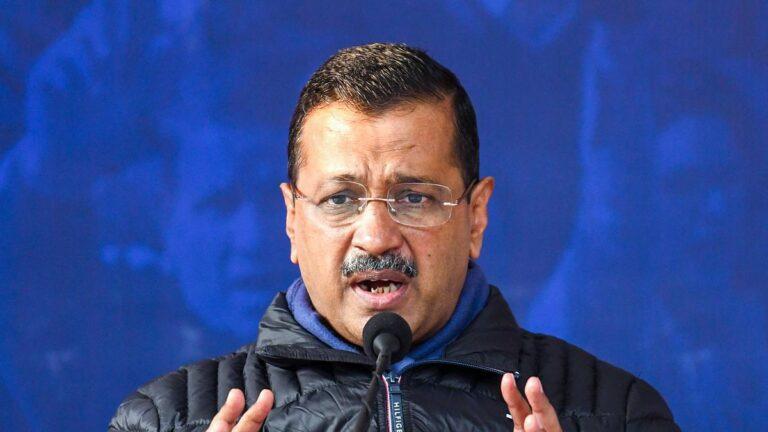India needs to increase its healthcare allocation to at least 5 % of the GDP (Gross Domestic Product) from the existing 2 % to bring about a sea change in the quality of delivery, J.A. Jayalal, president of the Commonwealth Medical Association and former National president of the Indian Medical Association (IMA), said on Sunday.
“The IMA has been advocating for a minimum of 10 % allocation from the Central government,” he added.
While access to healthcare has improved, there remains a lack of quality and standardisation, Dr. Jayalal noted. He pointed out that manpower and resource limitations hinder effective monitoring of pharmacies and enforcement of good manufacturing practices to curb the sale of spurious medicines that are mostly purchased based on lowest quotations in government hospitals.
There have been several instances of confiscation of spurious medicines in government hospitals, Dr. Jayalal, who is also National Co-Ordinator, IMA UNESCO Bioethics Chair, said.
In an interaction with mediapersons, Dr. Jayalal attributed the increase in deaths related to diabetes and cardiac issues to the prevalence of low-quality medicines. The health schemes implemented by the Central and State governments have not achieved the desired impact, Dr. Jayalal said, and emphasized the need for the Central Budget to focus more on improving infrastructure, enhancing manpower, and advancing research. Additionally, he called for greater attention to preventive measures like nutrition, access to safe drinking water, and environmental protection.
Dr. Jayalal remarked that the health system in Tamil Nadu leaves a lot to be desired, and lamented the acute manpower shortage, with as many as 6,000 vacant posts that have not been filled for years at a stretch.
Emphasising the promotion of Primary Health Care, Dr. Jayalal said that unemployment was a reality among doctors, and that there are 12,000 applicants for the notification for filling 2,800 doctor vacancies.
He also called for governments to do a re-evaluation of their insurance schemes, highlighting the fact that less than a tenth of the over 400 procedures listed under these schemes were covered, and only in a limited number of empanelled private hospitals that account for 75% of healthcare provision.
As much as 30 % of the allocation of insurance schemes went towards administrative costs. This amount could, instead, be used for direct funding of government hospitals to upgrade infrastructure and manpower, he said.
Dr. Jayalal was also critical of the concept of NEET as the sole criterion for MBBS admission. Alongside cognitive ability, the aptitude and healthcare service rendered by the applicant must necessarily be factored in for the admission, he said.
Published – December 22, 2024 08:20 pm IST
